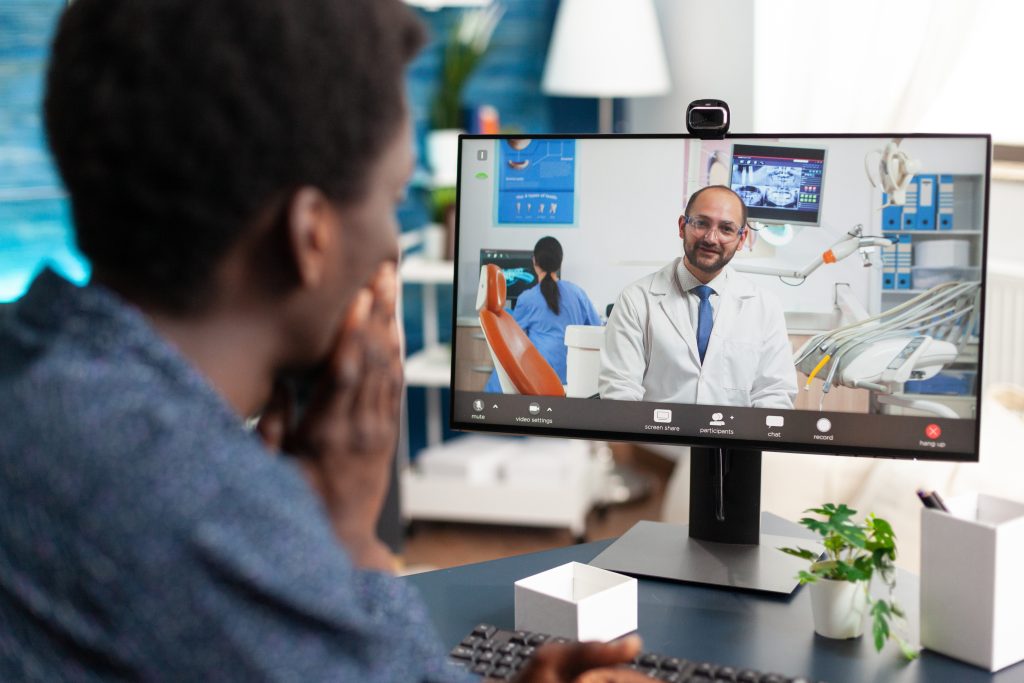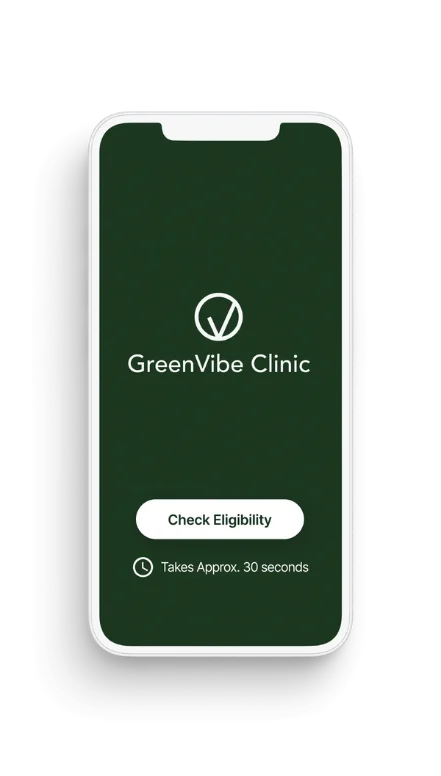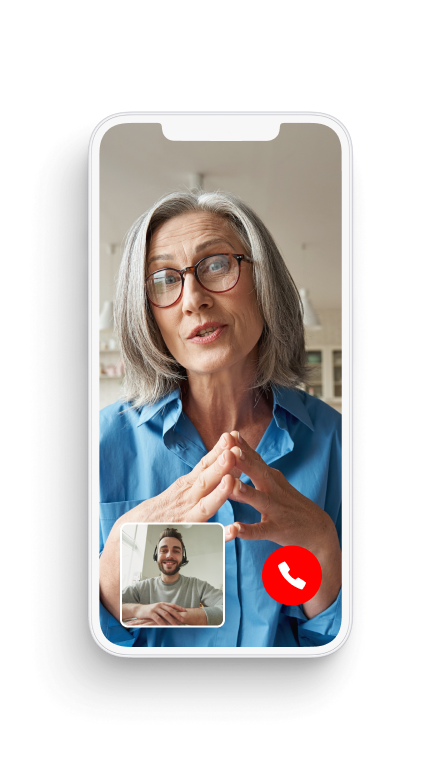Did you know that patients forget up to 80% of what their healthcare provider tells them during a consultation? Even more concerning, research shows that nearly half of patients leave their medical appointments with unclear instructions about what to do next. These statistics highlight a crucial gap in healthcare communication—one that you can bridge by asking the right questions.
In today’s fast-paced healthcare environment, where the average consultation lasts just 10-15 minutes, being prepared with specific questions isn’t just helpful—it’s essential for your health outcomes. This comprehensive guide will walk you through the five most important questions to ask during your next healthcare consultation, ensuring you make the most of your valuable time with your healthcare provider.

Why Preparing Questions Matters
Before diving into the specific questions, it’s important to understand why preparation is crucial. Studies published in the Medical Journal of Australia show that patients who actively participate in their healthcare consultations experience:
- 23% better adherence to treatment plans
- 30% higher satisfaction with their care
- Significantly improved health outcomes
- Reduced anxiety about their condition
- Better understanding of their treatment options
The 5 Essential Questions to Ask During Consultation
1. “What Exactly Is My Diagnosis and What Caused It?”
This foundational question helps establish a clear understanding of your condition. When asking this:
- Request both the medical term and a plain-language explanation
- Ask about specific causes or triggers
- Inquire about how common this condition is
- Seek clarification about any medical terms you don’t understand
Remember: Studies show that understanding your diagnosis increases treatment compliance by up to 40%.
2. “What Are All My Treatment Options and Their Pros and Cons?”
Healthcare rarely follows a one-size-fits-all approach. Modern medicine often offers multiple treatment pathways, each with its own benefits and considerations:
Ask about:
- First-line treatments and alternatives
- Success rates for each option
- Potential side effects and risks
- Cost implications and insurance coverage
- Timeline for expected results
- Evidence supporting each treatment option
Pro Tip: Take notes or record the conversation (with permission) to review the information later.

3. “What Lifestyle Changes Can Improve My Condition?”
This question often reveals powerful, non-medical ways to improve your health outcomes. Research shows that lifestyle modifications can:
- Reduce symptoms in 60-70% of chronic conditions
- Decrease medication dependence in many cases
- Improve overall health outcomes
- Prevent future health complications
Key areas to discuss include:
- Dietary modifications
- Exercise recommendations
- Stress management techniques
- Sleep hygiene improvements
- Environmental factors to consider
4. “What Should I Expect in Terms of Recovery and Follow-up?”
Understanding your healthcare journey helps set realistic expectations and identifies important milestones:
Ask specifically about:
- Expected timeline for improvement
- Warning signs to watch for
- When to schedule follow-up appointments
- Circumstances that warrant immediate medical attention
- How to monitor progress at home
Important: Research indicates that patients with clear recovery expectations are 35% more likely to adhere to their treatment plan.
5. “What Resources Can You Recommend for More Information?”
Knowledge is power, especially in healthcare. Request:
- Reliable websites and educational materials
- Support group recommendations
- Additional services that might help
- Recommended apps or tracking tools
- Credible sources for further reading
Making the Most of Your Consultation
Practical Tips for Implementation
- Prepare in Advance
- Write questions down before your appointment
- Prioritise your concerns
- Bring a notebook and pen
- Consider bringing a support person
2. During the Consultation
- Take notes or record (with permission)
- Ask for clarification if needed
- Repeat information back to confirm understanding
- Request written instructions when appropriate
3. After the Consultation
- Review your notes within 24 hours
- Set up recommended follow-up appointments
- Start implementing suggested changes
- Contact the office if you have forgotten something important
Looking Ahead: The Future of Healthcare Consultations
Healthcare communication continues to evolve with technology. Recent developments include:
- Virtual consultation platforms
- Patient portals for secure messaging
- Digital health records access
- Mobile apps for tracking health metrics
These tools can enhance your ability to communicate with healthcare providers and manage your health effectively.
Your Healthcare Consultation Checklist
✓ Bring a list of current medications
✓ Have your medical history ready
✓ Prepare your questions in advance
✓ Bring a way to take notes
✓ Consider having a support person present
✓ Ask about next steps before leaving
✓ Schedule follow-up appointments as needed
Conclusion
Effective communication with your healthcare provider is vital for optimal health outcomes. By preparing these five essential questions and following the practical tips outlined above, you’ll be better equipped to actively participate in your healthcare decisions. Remember, your healthcare provider is there to help you—asking questions shows that you’re engaged in your health journey and committed to achieving the best possible results.
Take action now: Before your next healthcare consultation, write down these five questions and customise them for your specific situation. Your future self will thank you for being proactive about your health today.

Frequently Asked Questions
1. How Long Should a Healthcare Consultation Take?
The average healthcare consultation lasts between 10-15 minutes in most practices. However, this can vary significantly depending on:
- The complexity of your condition
- Whether it’s an initial or follow-up visit
- Your healthcare provider’s scheduling system
- The type of consultation (specialist visits may be longer)
Research shows that the most effective consultations typically require at least 15 minutes to allow for proper discussion and questions. If you have multiple concerns, consider mentioning this when booking your appointment, as you may need to schedule a longer consultation.
2. Can I Bring Someone With Me to My Healthcare Consultation?
Yes, bringing a support person to your healthcare consultation is not only allowed but often encouraged. Studies show that having a support person present can:
- Help remember important information (recall increases by up to 40%)
- Provide emotional support
- Take notes while you focus on the discussion
- Offer additional perspective about your symptoms or concerns
- Help ask questions you might forget
Remember to choose someone you trust and feel comfortable discussing personal health matters with.
3. What Should I Bring to My Healthcare Consultation?
To make your consultation as productive as possible, bring:
- A list of your current medications (including supplements)
- Your medical history, including recent test results
- A record of your symptoms (if applicable)
- Your insurance information
- A list of questions or concerns
- A notebook and pen
- Reading glasses if you need them
- Any relevant medical records or imaging results
Pro tip: Consider keeping these items in a dedicated “medical folder” for easy access at appointments.
4. What If I Forget to Ask Something During My Consultation?
If you forget to ask something during your consultation, you have several options:
- Call the clinic and ask if the healthcare provider can answer a quick follow-up question
- Use the patient portal if your provider has one
- Book a follow-up appointment if the question is complex
- Speak with the practice nurse who may be able to help
- Save the question for your next scheduled appointment if it’s not urgent
To prevent forgetting questions, write them down beforehand and check them off during your consultation.
5. How Do I Get the Most Value from My Healthcare Consultation?
To maximise the value of your healthcare consultation:
- Arrive 10-15 minutes early to complete any necessary paperwork
- Be clear and concise when describing your symptoms or concerns
- Use the “PQRST” method for describing symptoms:
- Precipitating factors (what brings it on?)
- Quality (what does it feel like?)
- Region (where is it?)
- Severity (how bad is it?)
- Timing (when does it occur?)
- Take notes during the consultation
- Ask for clarification if you don’t understand something
- Confirm next steps before leaving
- Schedule any follow-up appointments immediately
[Rest of the article, including the Conclusion, remains the same]
This article is based on current medical research and best practices in healthcare communication. Always consult with your healthcare provider for advice specific to your situation.




